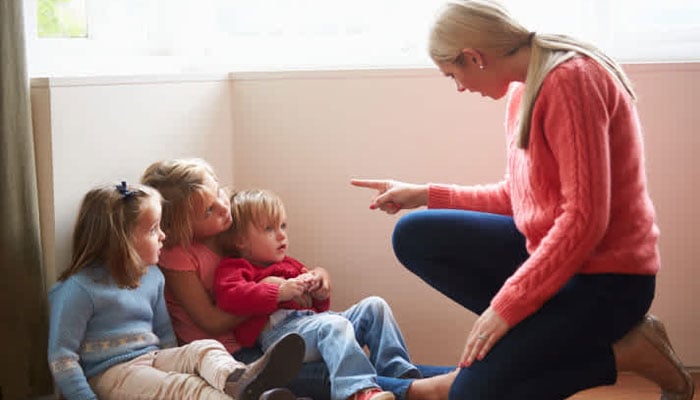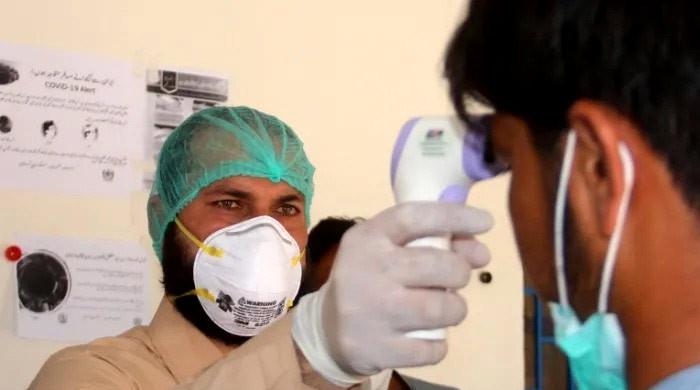Beware! Yelling at children can have lasting effects
By choosing kindness and positive communication, we can create an environment where children can truly flourish
October 03, 2023

Hey there, parents, teachers, coaches, and all you adults shaping young minds! Have you ever wondered about the impact of your words on children?
A groundbreaking study in the journal Child Abuse & Neglect has revealed that shouting at, denigrating, or verbally threatening kids can be as damaging to their development as physical or sexual abuse.
The comprehensive study, which examined 166 previous research papers, has called for childhood verbal abuse to be recognised as a distinct category of maltreatment.
Currently, child maltreatment is divided into four categories: physical abuse, sexual abuse, emotional abuse (which includes verbal abuse), and neglect.
The research suggests that this distinction can inform strategies for prevention and treatment.
What sets verbal abuse apart from other forms of emotional abuse, such as indifference or silent treatment, is its overt nature. Researchers argue that it warrants special attention because of its potential long-lasting consequences on a child's well-being.
The study, commissioned by the British charity Words Matter, paints a grim picture of the outcomes of childhood verbal abuse. It can lead to mental distress, including depression and anger, as well as externalising symptoms like criminal behavior, substance abuse, and even perpetrating abuse themselves.
Physical health can also be affected, increasing the risk of conditions like obesity and lung disease.
Professor Shanta Dube, the lead author of the study, stressed the urgent need to acknowledge verbal abuse as a subtype of abuse due to its lifelong negative impact. Jessica Bondy, founder of Words Matter, highlights the importance of recognising the true scale and impact of childhood verbal abuse.
Interestingly, the study points out a potential shift in the landscape of childhood abuse. While physical and sexual abuse have decreased, emotional abuse, including verbal abuse, seems to be on the rise. This highlights the need for consistency in defining and addressing verbal abuse to measure its prevalence and impact accurately.
So, what can you do to make a positive change?
Words Matter offers valuable resources on their website to help adults avoid shouting, insults, putdowns, or name-calling when interacting with children. Remember, children absorb not just the words but also the emotions behind them. Repairing your relationship with a child after saying something hurtful is equally crucial.











